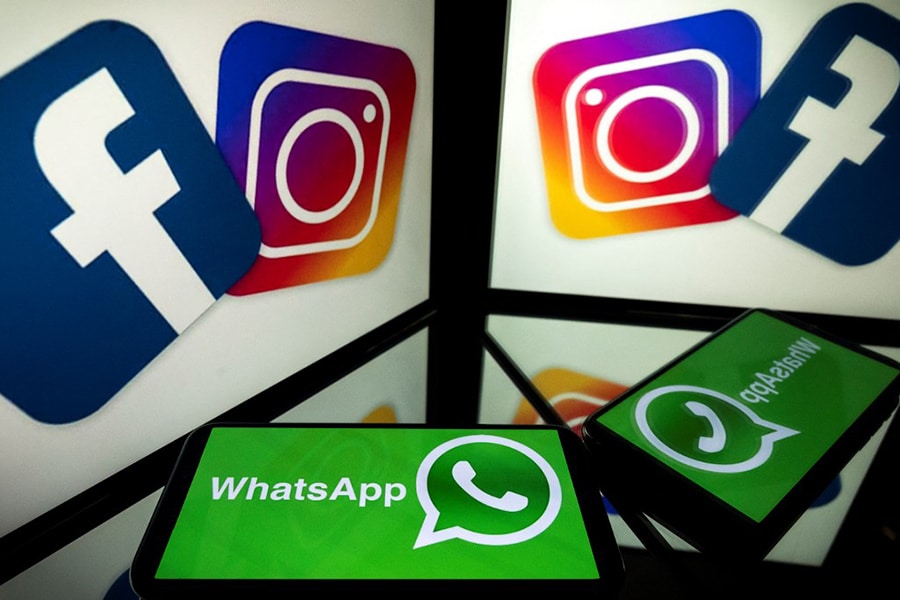
Can Facebook's $1 bn gamble help it regain lost cool?
Announced last week, Facebook's $1 billion will pay the creators of popular posts, from fashionistas to comedians and video gamers, through 2022
 Image: Lionel Bonaventure / AFP
Image: Lionel Bonaventure / AFP
Like internet personalities the world over, Kenyan TikTok comedian Mark Mwas was intrigued when Facebook announced a $1 billion plan to pay content creators like him.
But the 25-year-old, whose following surged past 160,000 as entertainment-starved Kenyans flocked to the app during the pandemic, is sceptical that fans would follow him to the older social network.
"In our market, Facebook is kinda old-fashioned," said Mwas, who posts skits about campus life in a mixture of Swahili, English, and Sheng slang.
"Like, Mom is on Facebook and doesn't know what TikTok is," he told AFP in an email. "My content is suited for the millennials, who prefer other platforms."
Announced last week, Facebook's $1 billion will pay the creators of popular posts, from fashionistas to comedians and video gamers, through 2022.







